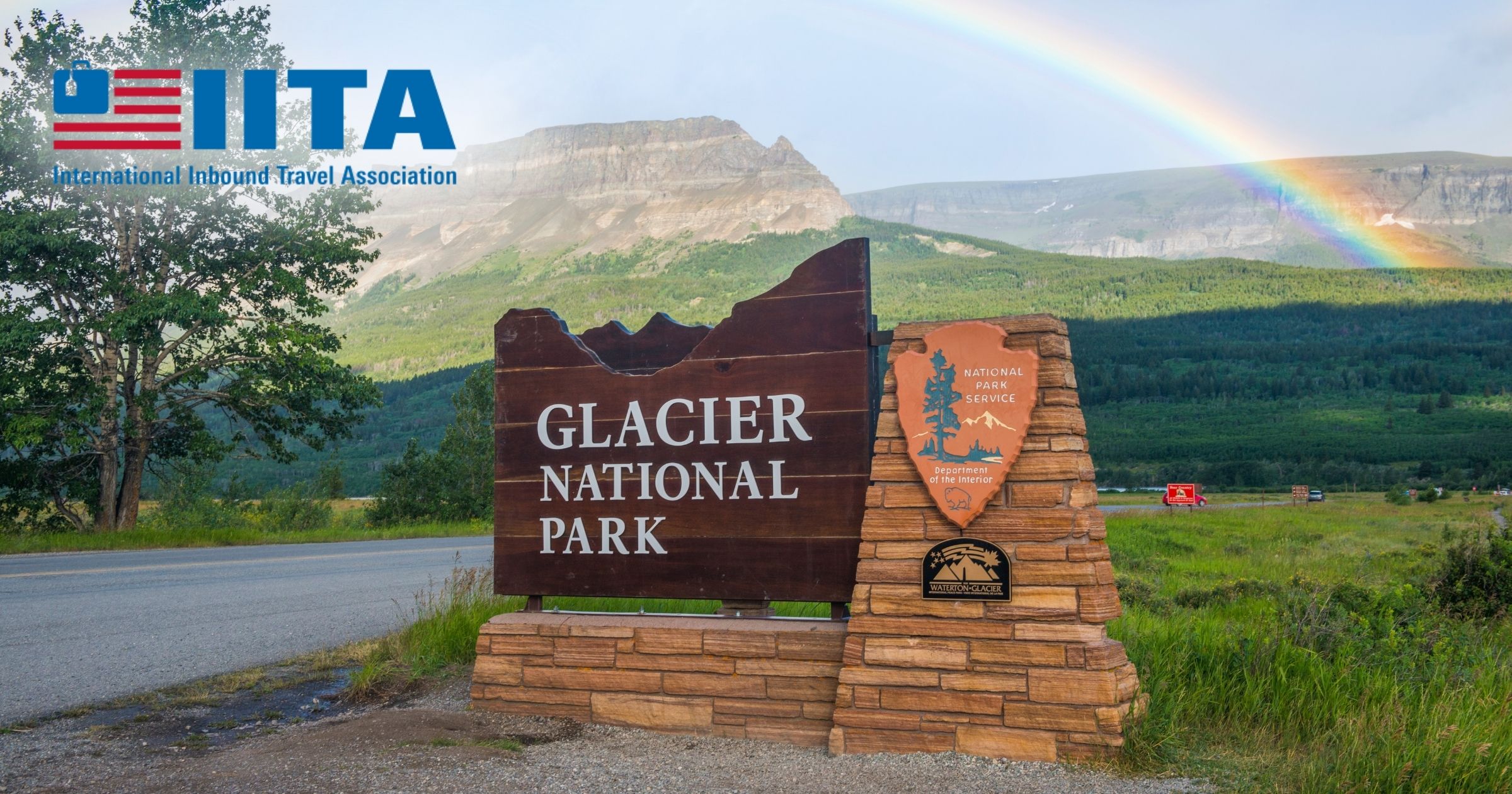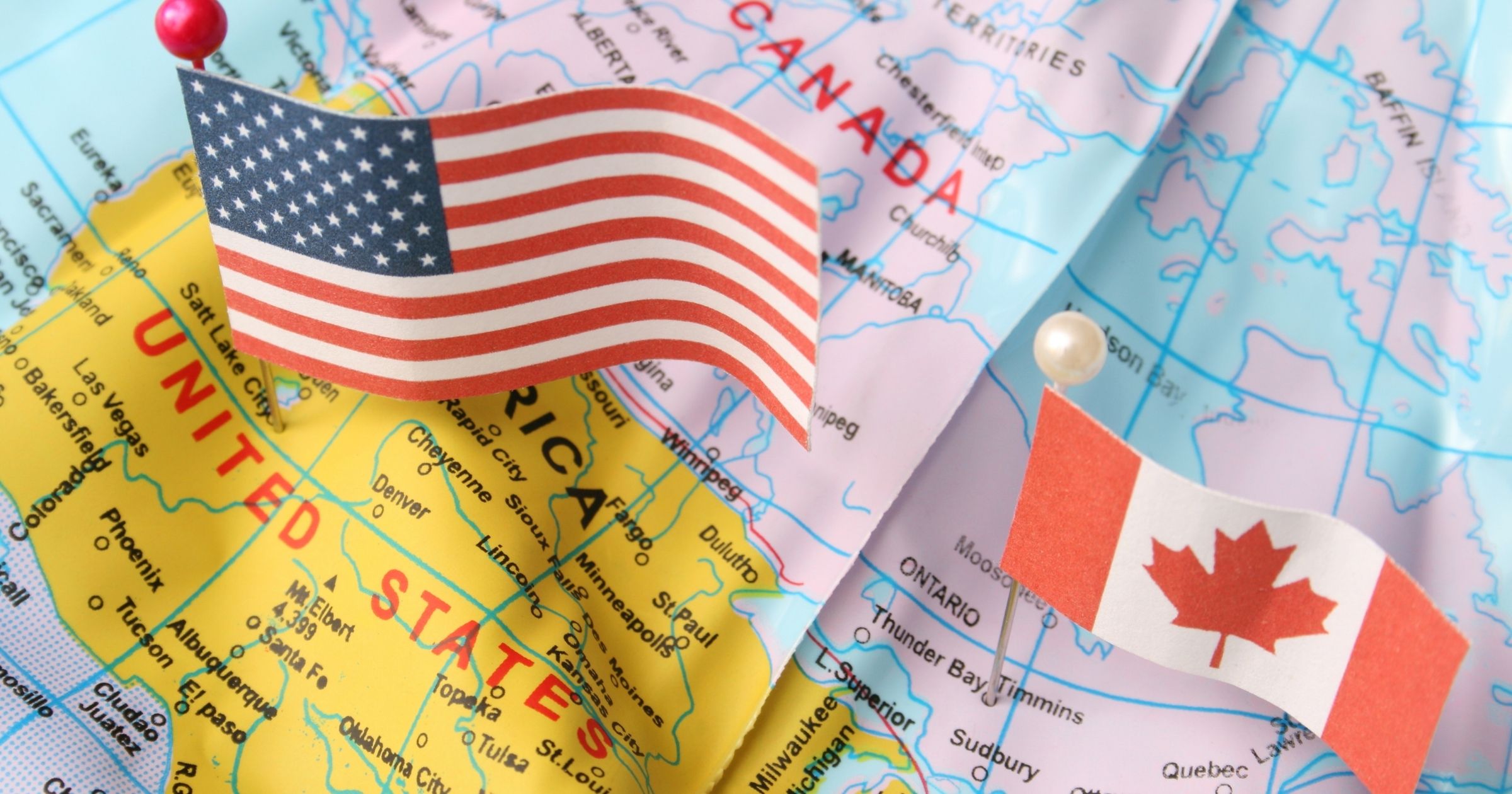The International Inbound Travel Association (IITA), representing the U.S. inbound travel trade, recently expressed serious concerns about the Department of the Interior’s newly announced international visitor/nonresident surcharge for entry to 11 major U.S. national parks, scheduled to take effect January 1, 2026.
Industry leaders and experts share their 2026 predictions.
Starting February 1, passengers will be referred to the fee-based TSA “Confirm.ID” payment option if they do not present a valid, acceptable ID at checkpoints.
The National Tour Association recently concluded a survey of its members—tour operators, destination marketing organizations, and tour suppliers—asking them about business results in 2025 and projections for 2026. The survey also explored pricing trends, challenges that group-travel specialists are facing, and insights into how buyers and sellers can work together better.








